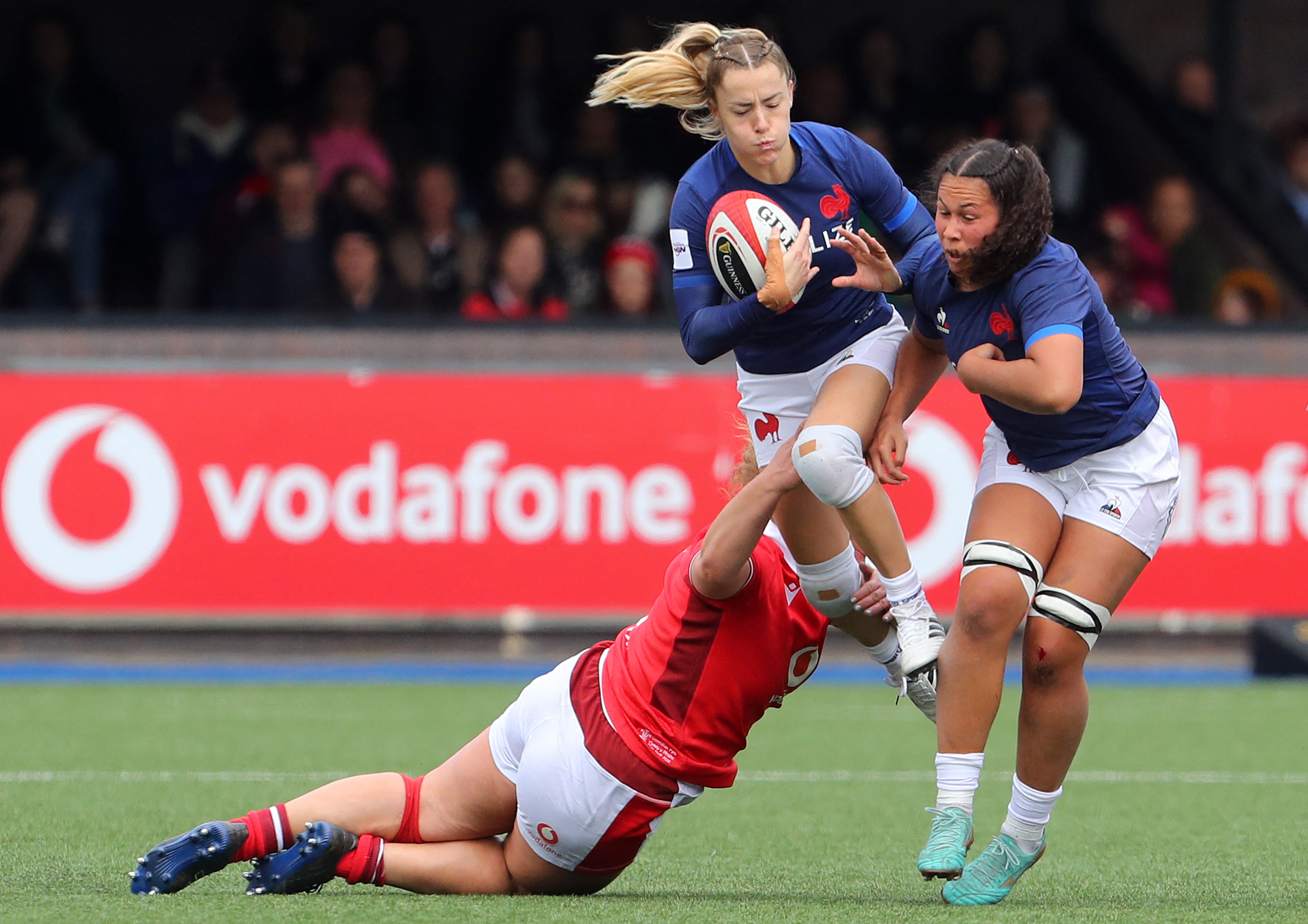Hours after CVC Capital Partners had disclosed the enormous riches on offer to private equity tycoons, the Bank of England was warning about potential risks that the £6.4 trillion global buyout industry posed to everyone else.
On Monday, CVC, one of Europe’s biggest buyout firms, published the prospectus for an initial public offering in Amsterdam, a document that ran to more than 500 pages and shed light on the normally opaque world of private equity.
In it, CVC revealed that its three co-founders were expected to be left with big stakes valued at a combined €2.3 billion, based on the €14-a-share listing price. They include Donald Mackenzie, 67, a Scot who started his career as an accountant, who will hold a stake worth €817 million at the IPO price, even after selling as much as €140 million of stock as part of the flotation.

Donald Mackenzie, of CVC Capital Partners, is in line for a big payout from the private equity firm’s flotation
BRYN LENNON/GETTY IMAGES
If nothing else, the prospectus was a striking illustration of the fortunes on offer to the dealmakers who have dominated the industry during its boom years. Buyout firms, also known as financial sponsors, raise capital for funds from investors such as pension funds and insurers and typically use debt to buy companies, which they seek to improve and then offload at a profit, either through a sale or flotation. The industry grew rapidly after the 2007-09 financial crisis, when interest rates were at ultra-low levels, meaning that private equity firms could borrow cheaply and make easy investment returns.
Times, though, have changed. Rates have risen rapidly since late 2021, piling pressure on the debt-laden companies backed by private equity, as well as on the buyout firms themselves, as valuations fall and opportunities to exit investments dry up. The Bank increasingly fears that buyout firms might now be heading for crunch, which would cause pain not only for the commercial banks that are big lenders to them but also to the wider economy.
In a speech just after the CVC prospectus had been released, Nathanaël Benjamin, the Bank’s executive director for financial stability strategy and risk, said that lenders could be hit with “significant and correlated losses on their exposures linked to private equity” in the event of a crisis, which also would “have the potential to disrupt the supply of funding to real economy companies”.
British businesses owned by buyout firms were estimated to employ about 2.2 million people, he noted, while a further 1.3 million worked at suppliers to these companies. A shock to private equity “could lead to cutbacks in investment and employment”.
A day later, a second senior Bank official, Rebecca Jackson, the executive director of authorisations, “RegTech” and international supervision, outlined concerns about the risks facing banks. Lending to private equity had grown in volume and complexity as the industry had expanded, she said, and a recent review by the Bank had concluded that many lenders did not know their overall exposures to the buyout sector.
“It’s not difficult to imagine a scenario, such as malpractice at a financial sponsor or the bankruptcy of multiple portfolio companies, where risk correlations increase significantly and liquidity evaporates, leaving banks open to severe, unexpected losses,” Jackson said. The Bank has written to big lenders outlining its concerns and giving them until August 30 to address its worries.
Meziane Lasfer, professor of finance at Bayes Business School, part of City, University of London, said the idea that banks did not fully understand their private equity exposure was “really shocking”. It had come as the buyout industry faced rising risks, he said. “The economic environment now is not favourable to private equity firms.”
Still, senior bankers insist that they approach the industry cautiously. William Chalmers, the finance chief of Lloyds Banking Group, said private equity was “a very important part of financing companies in the UK” and that Lloyds was “very careful on the risks that we take. We certainly take note of the Bank of England speech and the correspondence surrounding it, but we feel very comfortable with our lending activities in this area.”
CS Venkatakrishnan, Barclays’ chief executive, said the Bank’s focus on private equity was “very salutary”, and added that “in our dealings with them, we try to do so with prudence and care”.
On the other side of the fence, a buyout executive cautioned against generalising about the industry. He argued that private equity included venture capital and small and mid-sized buyouts, where the leverage used was much lower than in the bigger end of the market, which was also where some of the more complicated financing typically took place. The buyout industry had gone through downturns in the past, he added, although he conceded that “what has changed is that you now have additional forms of leverage”.

The Bank of England has written to commercial lenders outlining its concerns
ALAMY
This is one of the aspects of the industry’s recent growth that most concerns the Bank. There is now a plethora of private equity-related financing available, including “net asset value loans” that essentially represent “leverage on leverage”.
With flotation markets all but closed in the past two years, buyout firms have devised exotic ways to return cash to their investors, including through “continuation funds”, effectively when a private equity house sells a company it already owns to itself. Private credit funds have proliferated and are competing with banks to provide leverage to the buyout ecosystem. All this is adding to the complexity and opacity of the private equity world, as well as its interconnectedness with the financial system.
Sir Ronald Cohen, a venture capital pioneer, said that increased scrutiny of how private capital markets could affect financial stability, in particular debt-funded private equity, was “a wise step”.
Even before the warnings by Bank officials this week, the central bank’s financial policy committee had sounded the alarm about private equity and it has said that it will publish a deeper assessment of the potential risks in June.
“I think the private equity industry knows they are in trouble,” Ludovic Phalippou, professor of financial economics at the University of Oxford’s Saïd Business School, said. “This is tricky.”
CVC makes strong debut
CVC Capital Partners made its debut on Amsterdam’s Euronext with its shares well above the €14 offer price.
The private equity firm’s stock begun trading above €17 as the long-awaited float was buoyed by strong demand from institutional investors. That values the company at about €17 billion.
CVC said its offering had been oversubscribed and that it would raise between €2 billion and €2.3 billion, depending on whether investors used overallotment options. The European private equity company raised a further €250 million in new capital after it issued 17.8 million in new shares.

CVC Capital Partners owns a stake in Six Nations Rugby
GEOFF CADDICK/AFP VIA GETTY IMAGES
The business, which owns a stake in Six Nations Rugby, announced its plans to list in Amsterdam earlier in the month. Donald Mackenzie, one of the co-founders of CVC, is set to cash in about €122 million as part of the float. Sovereign wealth funds, including the Kuwait Investment Authority and the Hong Kong Monetary Authority, were selling larger stakes than expected, increasing the size of the offering.
The company has been boosted by successful investments in businesses such as Formula One and Breitling, the luxury watchmaker. It had postponed its plans to float twice since 2022 owing to uncertainty in public markets. Shares in CVC closed up €2.35, or 16.8 per cent, at €16.35.




